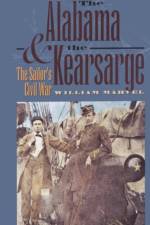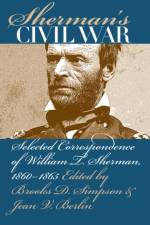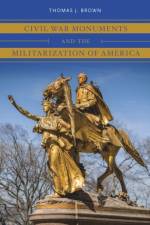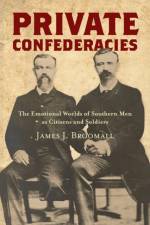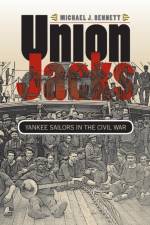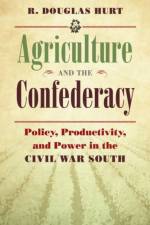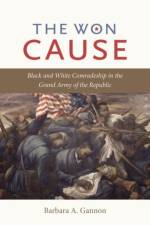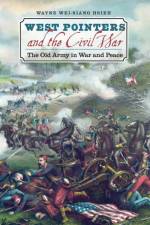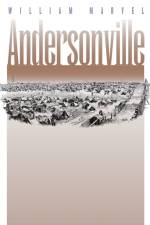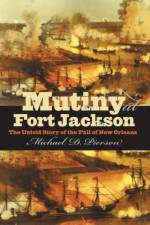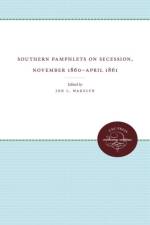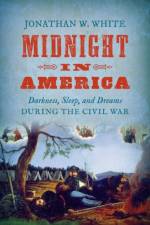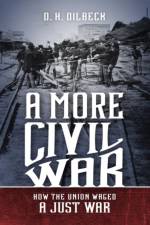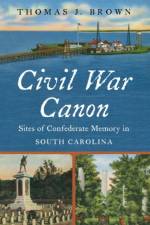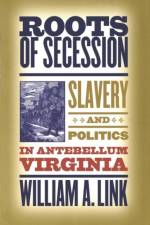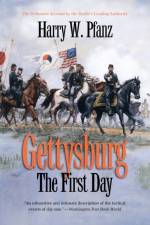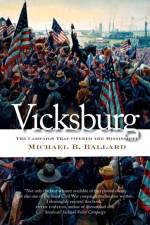- The United States, Latin America, Europe, and the Crisis of the 1860s
1 501
American Civil Wars takes readers beyond the battlefields and sectional divides of the U.S. Civil War to view the conflict from outside the national arena of the United States. Contributors position the American conflict squarely in the context of a wider transnational crisis across the Atlantic world, marked by a multitude of civil wars, European invasions and occupations, revolutionary independence movements, and slave uprisings?all taking place in the tumultuous decade of the 1860s. The multiple conflicts described in these essays illustrate how the United States' sectional strife was caught up in a larger, complex struggle in which nations and empires on both sides of the Atlantic vied for the control of the future. These struggles were all part of a vast web, connecting not just Washington and Richmond but also Mexico City, Havana, Santo Domingo, and Rio de Janeiro and--on the other side of the Atlantic--London, Paris, Madrid, and Rome. This volume breaks new ground by charting a hemispheric upheaval and expanding Civil War scholarship into the realms of transnational and imperial history. American Civil Wars creates new connections between the uprisings and civil wars in and outside of American borders and places the United States within a global context of other nations.Contributors:Matt D. Childs, University of South CarolinaAnne Eller, Yale UniversityRichard Huzzey, University of LiverpoolHoward Jones, University of AlabamaPatrick J. Kelly, University of Texas at San AntonioRafael de Bivar Marquese, University of Sao PauloErika Pani, College of MexicoHilda Sabato, University of Buenos AiresSteve Sainlaude, University of Paris IV SorbonneChristopher Schmidt-Nowara, Tufts UniversityJay Sexton, University of Oxford

